
Pharmaceutical Executive
Have the confidence to step outside the norm. A targeted, humorous campaign will attract attention more quickly.

Pharmaceutical Executive
Have the confidence to step outside the norm. A targeted, humorous campaign will attract attention more quickly.

Pharmaceutical Executive
The pharmaceutical industry is abuzz with discussion: What will "tomorrow's" sales force look like? How will the job profile and competencies for sales reps change to better serve customers? How do we recruit and hire this new breed of sales reps? Steve DeMorro, president of Publicis Healthcare Recruiting, identified several key characteristics of the new biopharma representative, and how he believes these will become a standard part of the job profile for recruiting-and developing-sales reps in the future.

Pharmaceutical Executive
If the uk's office of fair trading (OFT) is to be believed, Brits are overpaying for their medicines to the tune of ?500 million a year. That's the conclusion the OFT came to in its long-awaited report on the Pharmaceutical Pricing Regulation Scheme (PPRS), the arcane method by which drug prices are set in the United Kingdom.
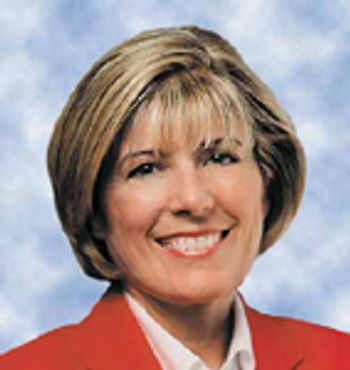
Pharmaceutical Executive
Value-based medicine is tremendously helpful if you've got a good drug. It could guide R&D, price decisions, and marketing. But most companies don't have all the clear winners.
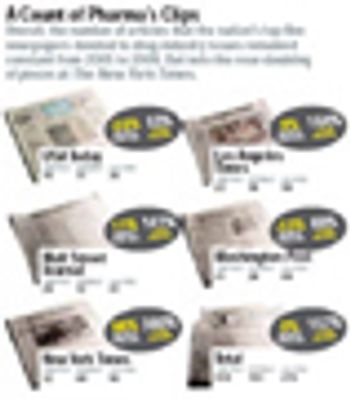
Pharmaceutical Executive
And while reporters aren't writing any more about the industry, the topics they cover are a moving target.

Pharmaceutical Executive
Dr. Doug Bierer felt like he was in a courtroom, waiting for the jury to render its verdict. It was June 2002, and executives from Procter & Gamble and its partner AstraZeneca had just finished presenting their bid to FDA's Non-Prescription Drugs Advisory Committee (NDAC) to market the popular heartburn medication, Prilosec (omeprazole), as an over-the-counter (OTC) drug.

Pharmaceutical Executive
There are whistleblowers who bring wrongdoing to light. But there are also whistleblowers whose main complaint is "I should have won." FDA seems to suffer from a serious oversupply of the second sort.

Pharmaceutical Executive
Everyone agrees that by streamlining and downsizing, Big Pharma is taking a step in the right direction. What no one yet knows is if it's too little, too late. Or what "too little, too late" might look like. Or what else might work.

Pharmaceutical Executive
The Sarbanes-Oxley Act-or SOX, as it is dubbed (not always so affectionately)-requires companies to provide greater control and quality assurance across a vast spectrum of business processes. In practice, SOX plays out differently industry by industry and even company by company. But for pharma, one of the most pressing consequences is the need to improve the accuracy of revenue recognition.
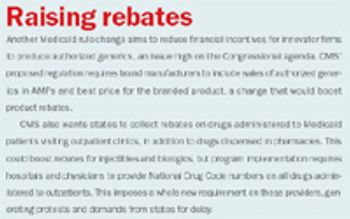
Pharmaceutical Executive
All the hoopla about Medicare drug prices is overshadowing the real action in pharmaceutical pricing: a less-noticed exercise that aims to reduce reimbursement for medicines purchased by state Medicaid programs. Retail pharmacists say the proposed changes will put them out of business, and pharmacy benefit managers (PBMs) fear an end to discount negotiations.
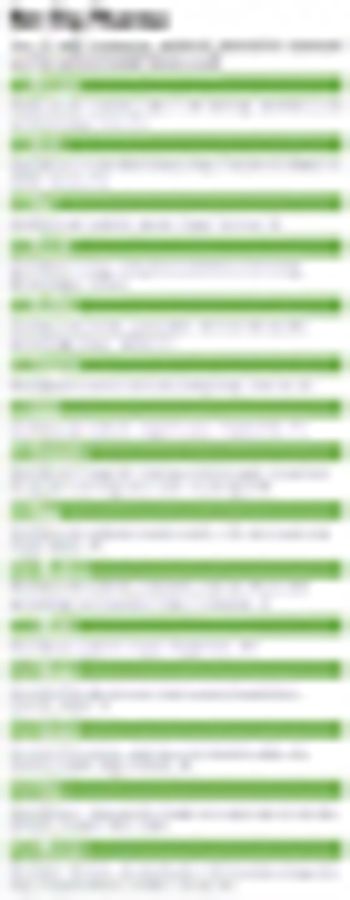
Pharmaceutical Executive
Ever wonder how all those biotechs, specialty shops, and generics that make up Not Big Pharma ever manage to stay in business? Pharm Exec asked Bill Trombetta of St. Joseph's University to look at their books, analyzing their financial performance with the same metrics he uses for our annual Industry Audit. His findings may surprise you. In fact, when you check the bottom line, you just might consider changing teams.
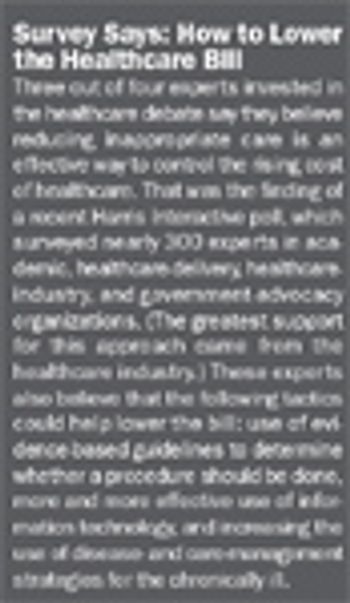
Pharmaceutical Executive
Inappropriate care may account for 25 to 30 percent of the US healthcare bill. Former NEJM editor Arnold Relman used to write that if we could eliminate the unnecessary care, we could save enough to insure all the uninsured.